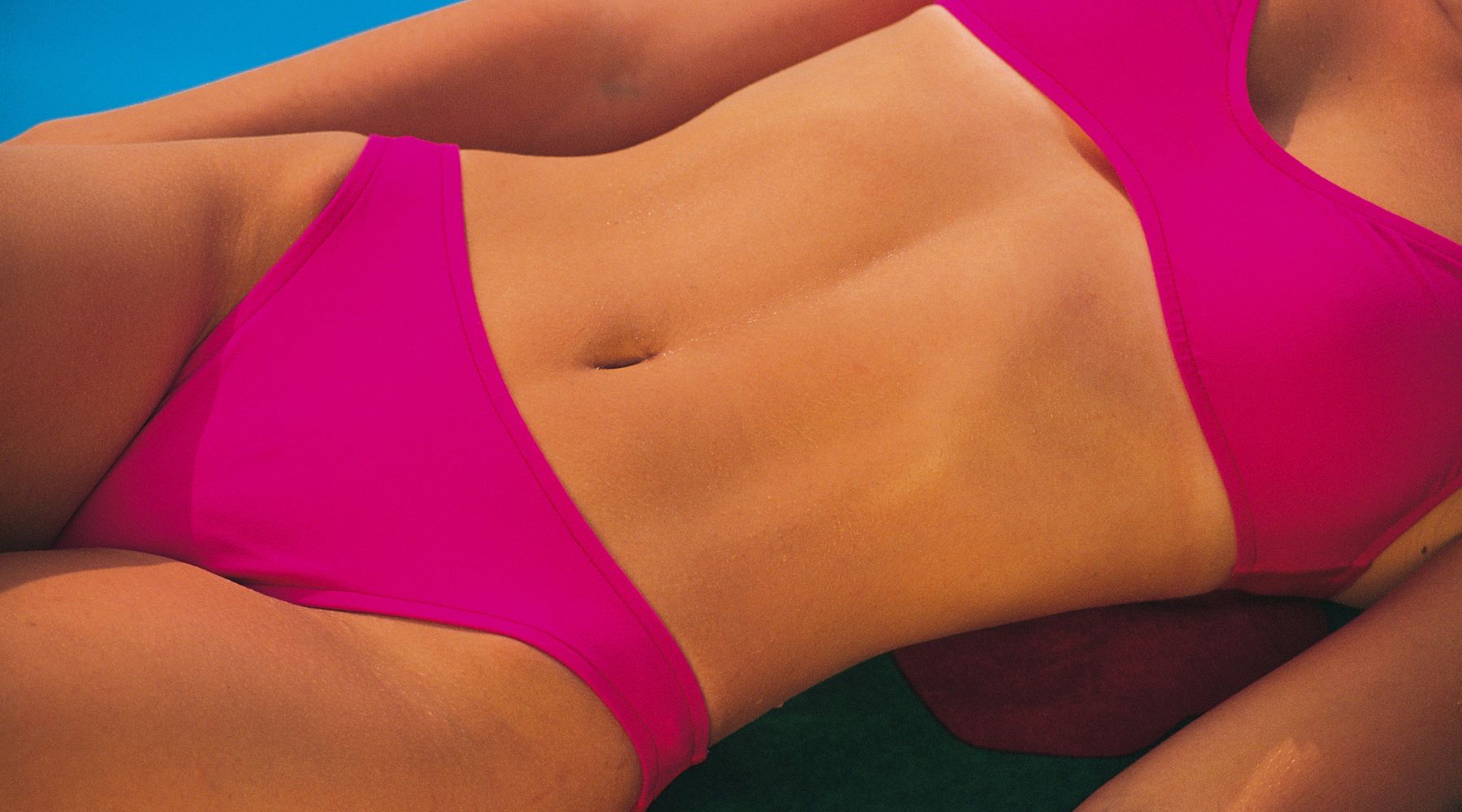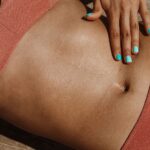Liposuction is a popular cosmetic procedure that aims to remove excess fat deposits from specific areas of the body, resulting in a more sculpted and contoured appearance. The procedure can provide satisfying results; however, proper post-operative care is crucial for optimal healing, long-term success, and the best liposuction outcome. Knowing how to take care of yourself can be the difference between satisfactory results and amazing results. Do you know what not to do after liposuction?
In today’s article, we will talk about the do’s and don’ts after having liposuction. Being prepared for what to do after liposuction to get the best results will help ensure a safe and smooth recovery and help you get the results you desire.
The Do’s After Liposuction
- Do follow all your surgeon’s instructions
- Your surgeon will provide you with specific instructions tailored to your individual needs. These instructions may include things you need to do to prepare for your liposuction procedure. It is essential to carefully follow these instructions regarding medication, dressing changes, physical activity limitations, and any other recommendations provided.
- Do wear compression garments
- Compression garments help reduce swelling, promote healing, mitigate bruising, and aid in contouring. The type of compression garments you need can vary based on the areas treated, but it is important to follow your surgeon’s advice on wearing these garments as instructed. The use of compression garments will significantly influence the speed at which you recover and the final results you achieve.
- Do maintain proper incision care
- Keep the incision sites clean and dry to minimize the risk of infection. Follow the recommended cleaning techniques and ensure proper wound care, such as changing dressings as advised.
- Do take prescribed medications
- Your surgeon may prescribe antibiotics or pain medications to aid in your recovery. Take this prescribed medication as directed, and report any concerning symptoms or side effects to your surgeon.
- Do stay hydrated and follow a healthy diet
- Drinking plenty of water is essential for hydration and flushing toxins out of your system. Follow a well-balanced diet rich in nutrients to support your body’s healing process. Avoid processed foods and beverages that are high in sodium, as they will promote swelling.
- Do get plenty of rest
- After liposuction, your body needs time to recover from the procedure. Adequate rest helps your body conserve energy, reduce inflammation, and promote healing. It allows your body to allocate resources towards the healing process, which can contribute to a better and faster recovery.
- Do gradually resume physical activities
- Engage in light activities, such as short walks, to promote blood circulation and prevent blood clots. Gradually increase your activity level based on your surgeon’s recommendations and as your recovery progresses.
The Don’ts After Liposuction
- Do not engage in strenuous activities
- Avoid vigorous exercises, heavy lifting, and any activities that strain the treated areas for the first few weeks following liposuction. This will help prevent complications, minimize swelling, and allow the body to heal.
- Do not Ignore signs of infection or complications
- Be aware of the signs of infection, such as increased pain, redness, warmth, swelling, or discharge at the incision sites. Promptly report any unusual symptoms or concerns to your surgeon.
- Do not bathe or swim
- Do not immerse yourself in any body of water (swimming pool, bath, hot tub) until cleared by the surgeon. Avoid saunas and activities that promote excess sweating.
- Do not forget to use sun protection
- Protect your incision sites from sun exposure by using sunscreen or covering them with clothing. Sun exposure can lead to hyperpigmentation or scarring.
- Do not discontinue compression garment use prematurely
- Follow your surgeon’s recommendations regarding the duration of compression garment use. Premature removal of the garments can hinder the healing process and impact the final results.
- Do not use blood-thinning medications
- Avoid the use of anti-inflammatory medications (over-the-counter and prescription) as directed by your surgeon.
- Do not smoke or consume alcohol
- Smoking and alcohol consumption can impair the healing process and increase the risk of complications. Avoid smoking and limit alcohol intake as advised by your surgeon. Smoking is a known inhibitor of healing, and alcohol can thin the blood, making bruising and swelling worse.
- Do not scratch the treated areas
- Some people experience itching after liposuction as a common symptom. It is typically a part of the healing process as the body repairs itself. While it can be uncomfortable, here is what to do about itching after liposuction.
- Your surgeon may recommend an over-the-counter antihistamine to help ease your discomfort;
- Cold compresses can be used intermittently on the area to help curtail the itching;
- Use a non-irritating cream to keep the treated areas of your skin moisturized.
- Do not expect immediate results
- It’s important to have realistic expectations regarding the outcome of liposuction. Swelling and bruising are common after the procedure and may take several weeks or months to fully resolve. Final results may not be evident until the swelling has subsided.
Proper postoperative care plays a significant role in achieving optimal results after liposuction. Following these general do’s and don’ts after liposuction, as well as closely adhering to your surgeon’s instructions, can ensure a smooth recovery process and maximize the benefits of your liposuction procedure.
If you are interested in liposuction, IBI Plastic Surgery & Med Spa is where you want to be! Dr. Angelia Postoev is not only a triple-board-certified cosmetic surgeon but also an artist. She is an expert at liposuction and will work with you to provide you with the contours you desire.
At IBI Plastic Surgery & Med Spa, we offer consultation sessions where we will answer your questions and address any concerns you may have. We will go over your medical history and exact circumstances so we can determine if liposuction is a good fit for you. Together, we will formulate a strategic plan of care that will ultimately provide you with the aesthetic goals you desire. Contact us today to learn more!







